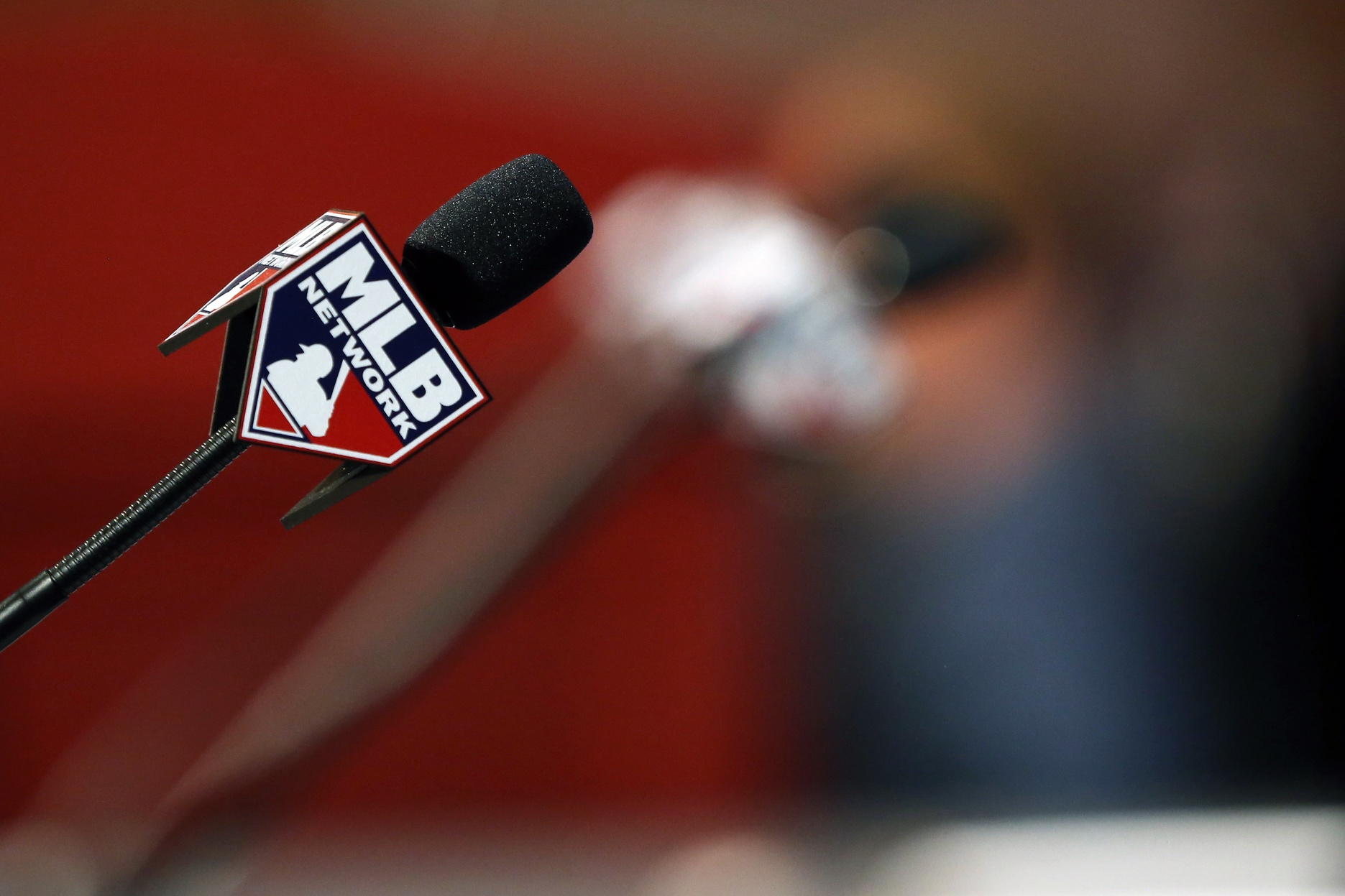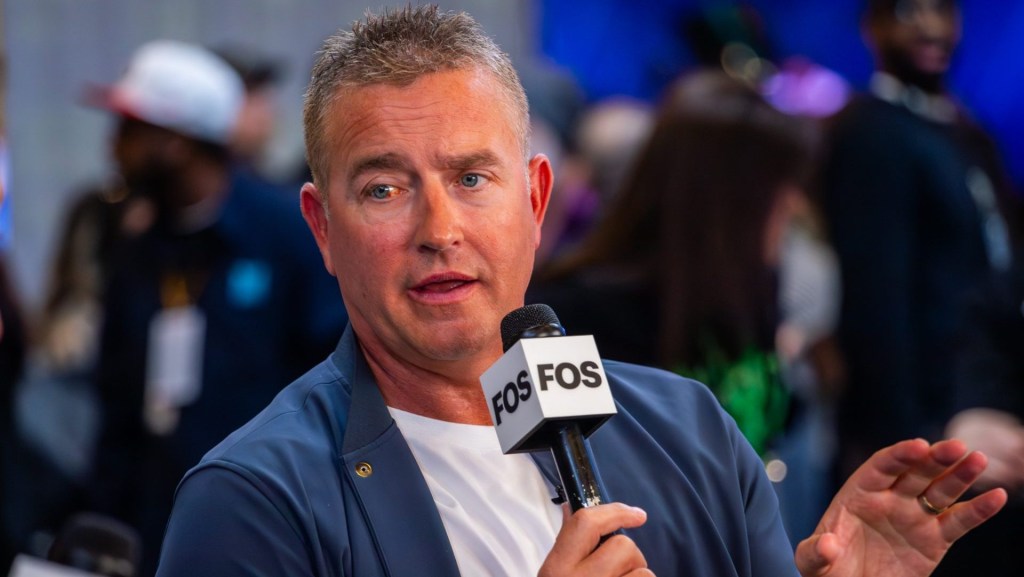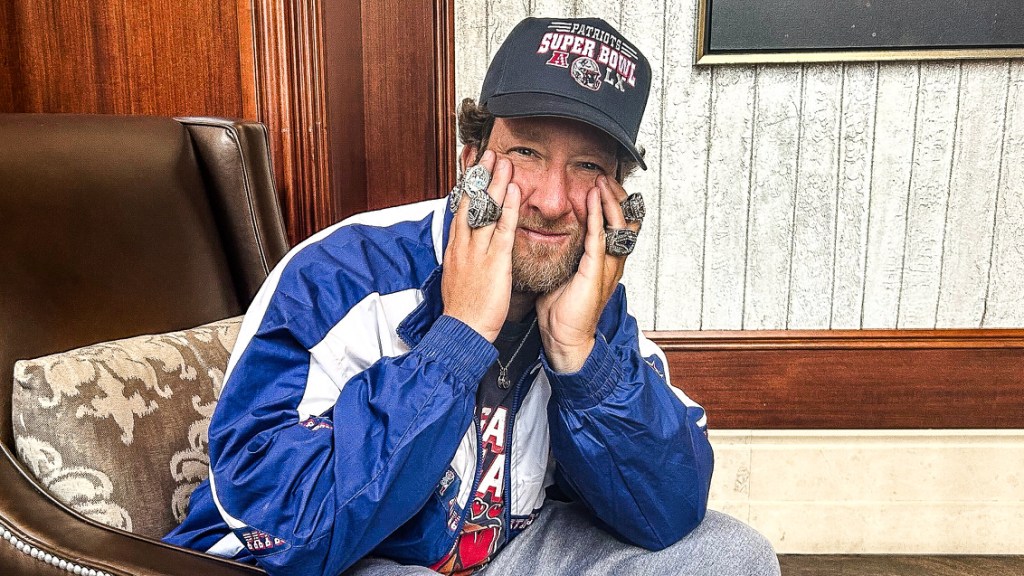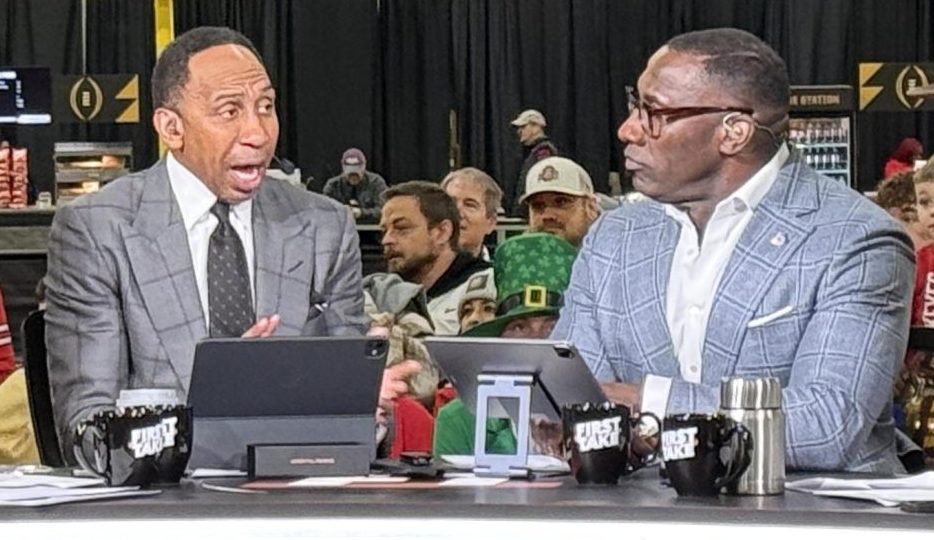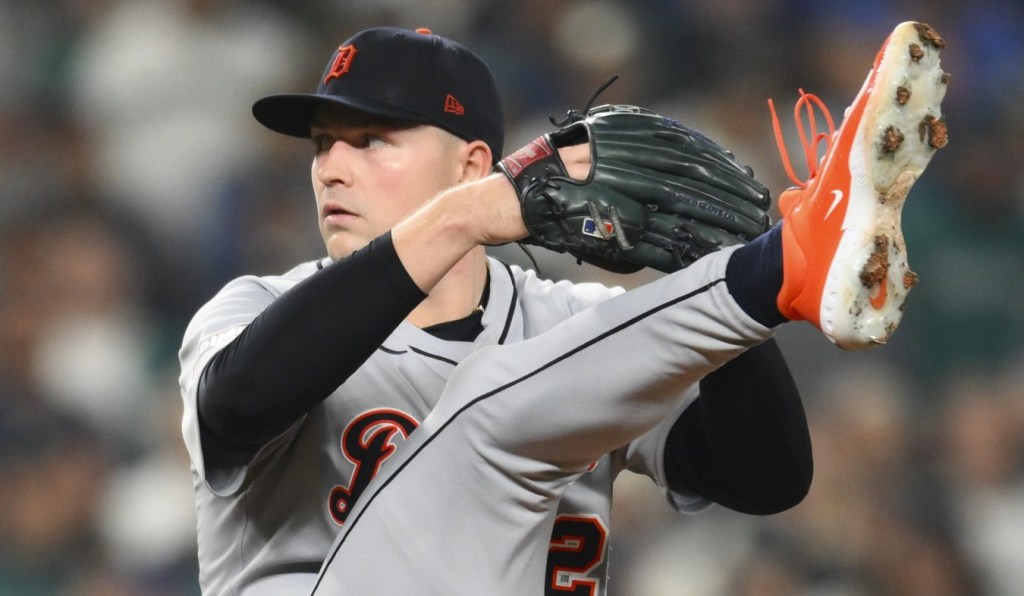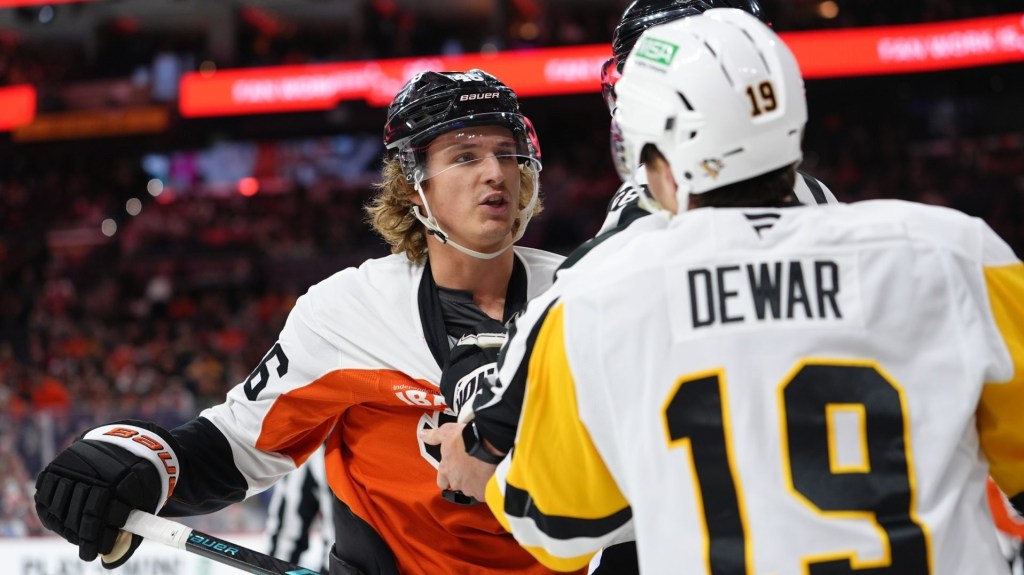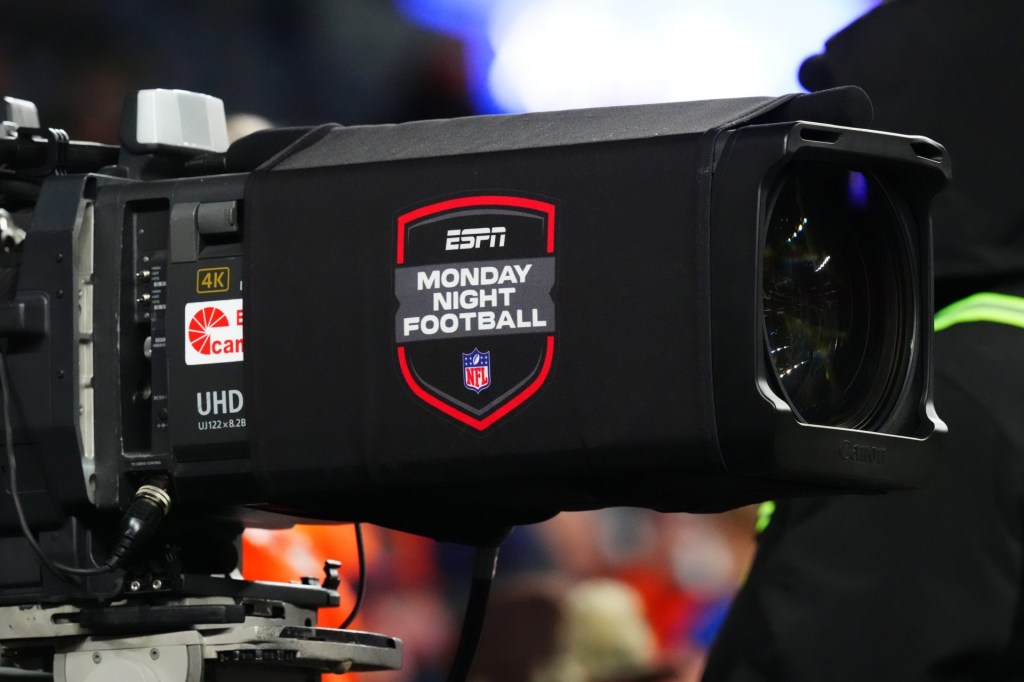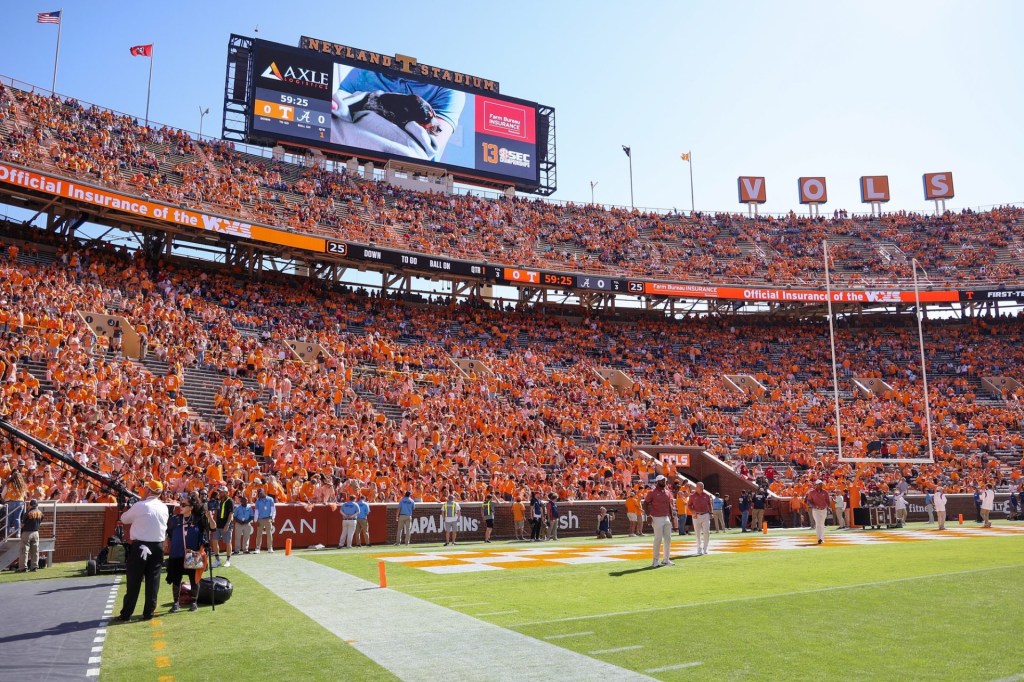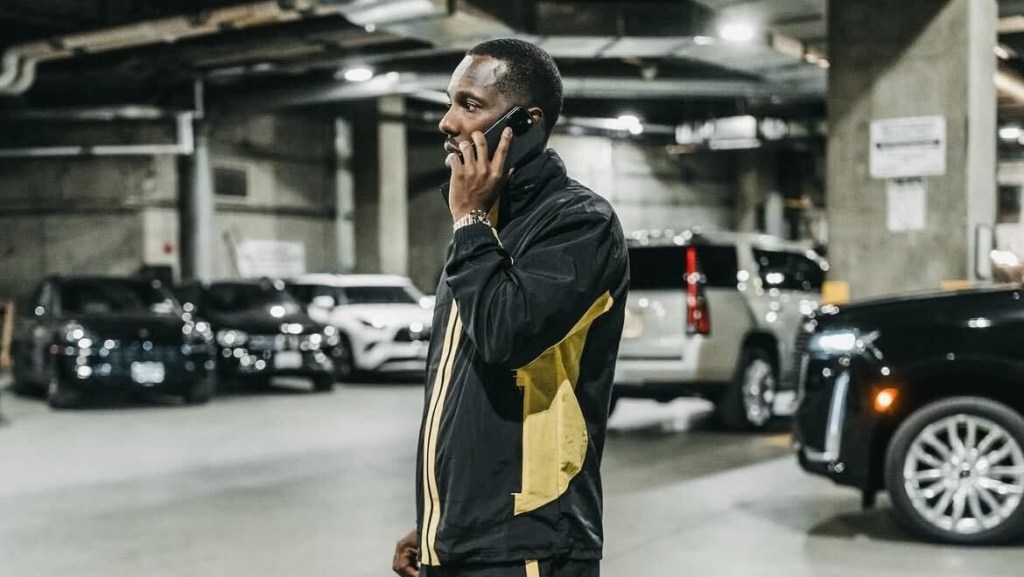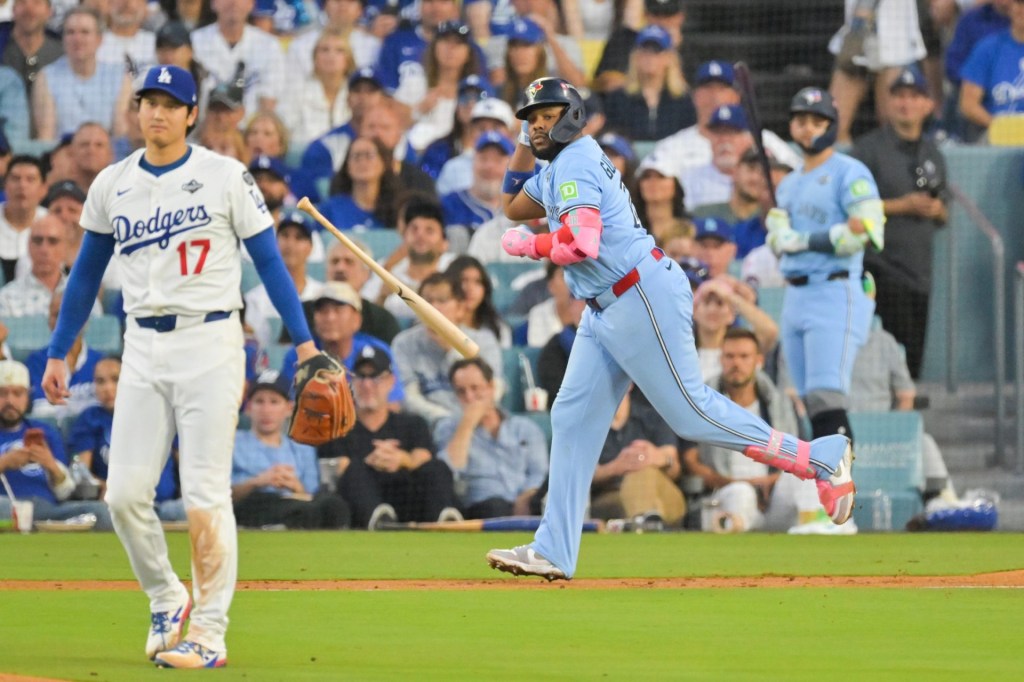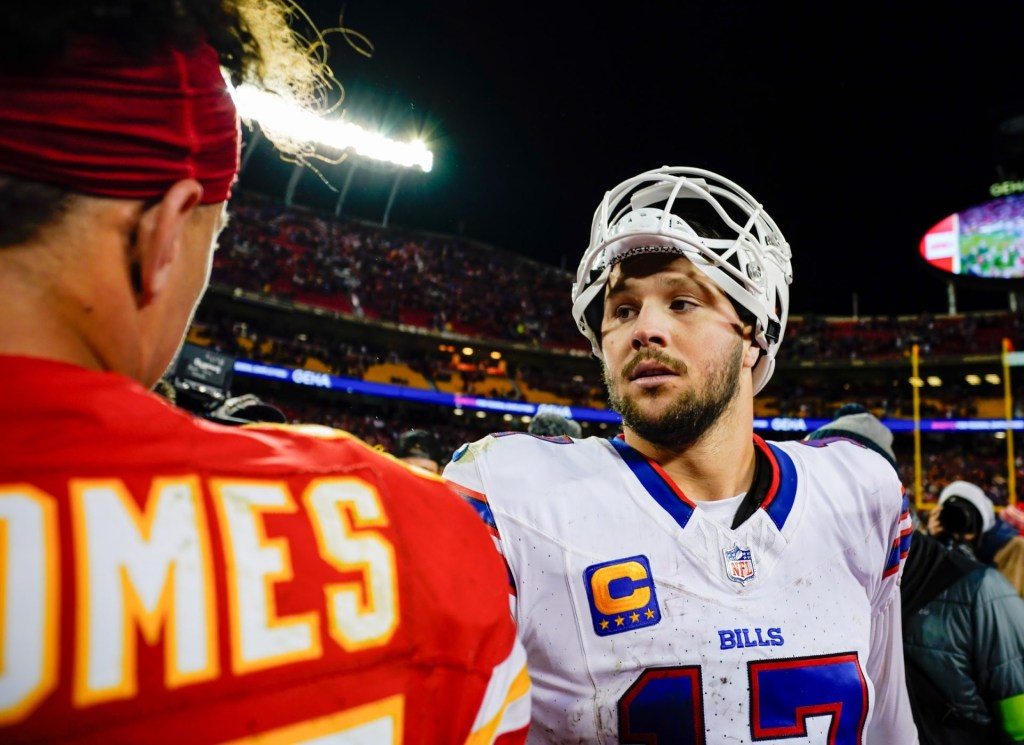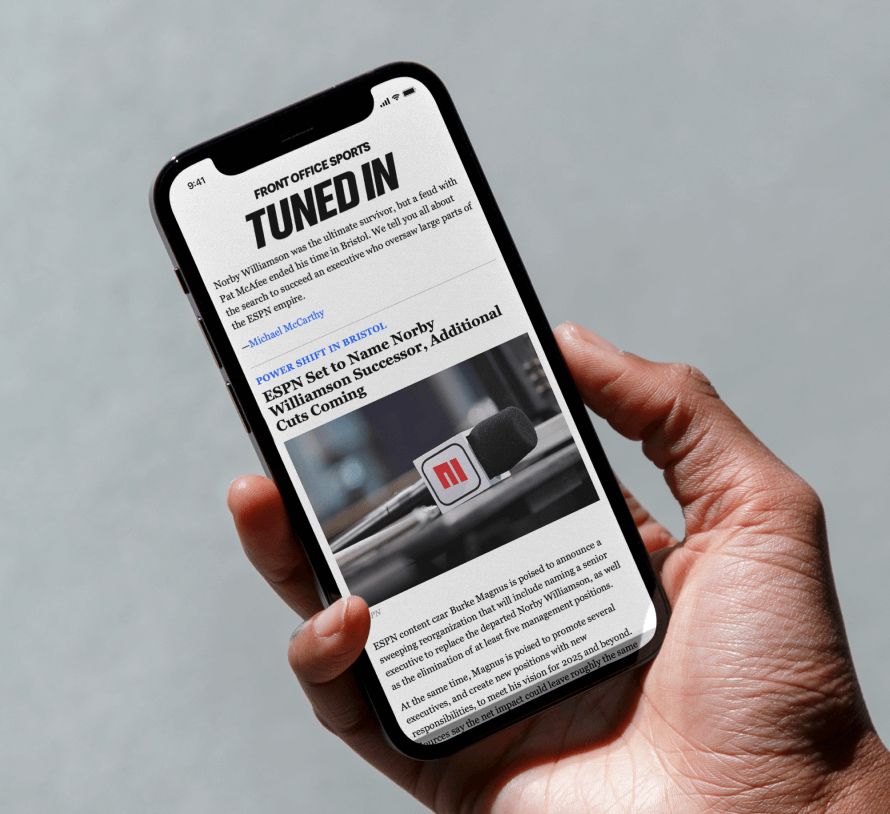A framework of MLB’s reimagined TV deals for the next three years with ESPN, NBC, and Netflix emerged last week through a flurry of news stories. The agreements have not been finalized and some details still need to be ironed out. As the proverbial i’s get dotted and t’s get crossed in the final contracts, these are some remaining burning questions:
1) Does ESPN’s MLB.TV licensing also include MLB Extra Innings?
MLB Extra Innings is the out-of-market package sold by cable and satellite operators. The current expectation is that it will remain a separate package and thus not be included in ESPN’s deal.
Where it gets murky: Currently, MLB Extra Innings subscribers can authenticate via their cable/satellite log-ins to access MLB.TV. Whether this synergy will continue is a factor that is apparently still being worked out.
Spokespeople for ESPN and MLB declined to comment for this story.
2) Will MLB.TV subscribers also need to subscribe to ESPN Unlimited—ESPN’s new direct-to-consumer streaming service—to continue accessing the product?
This is another issue still being worked through by ESPN and MLB. If it winds up that you do need to subscribe to ESPN’s streaming service, the relevant model to think about here is that UFC fans need to be subscribers to ESPN+ in order to access the MMA promotion’s pay-per-views. (UFC is leaving ESPN for Paramount at the end of the year.)
As we have been discussing in the forthcoming deal for WWE premium live events to air on ESPN’s streamer, there’s been some confusion about which bundle subscribers have access versus who will have to pay directly for the ESPN app.
Right now, Charter/Spectrum, DirecTV (and DirecTV Stream), Verizon Fios, Hulu + Live TV, and Fubo TV subscribers have access to ESPN Unlimited. Customers of Comcast/Xfinity, YouTube TV, Dish Network, Sling TV, Cox, and Optimum do not.
3) Will MLB.TV still be subject to local blackouts?
Yes, at least through 2028, when all of MLB’s rights are set to expire. Commissioner Rob Manfred has been a proponent of eliminating local blackouts as soon as he’s able.
“I’d like to get into a mode where, if it’s not in a national package, the consumer has the ability to go in, buy what he wants to watch, wherever he is, and we get rid of that really questionable business concept of the blackout, meaning not letting people who want to watch, watch,” Manfred told Puck last year.
4) How does this deal impact MLB Network?
The Wall Street Journal reported that ESPN’s deal to license MLB.TV would also include the rights to stream MLB Network in its service. However, the plan is not for ESPN to take operational control of MLB Network as it plans to do with NFL Network, pending regulatory approval and deal closure.
5) With ESPN assuming control of local rights for five teams, will it start bidding against the RSNs for MLB, NBA, and NHL local rights?
“Maybe!” one source said.
In addition to MLB.TV licensing, ESPN is also slated to receive the in-market rights for the Guardians, Padres, Twins, Rockies, and Diamondbacks. It will be interesting to see if ESPN negotiates local market linear TV carriage rights for these teams in addition to digital rights.
The other fascinating question is whether ESPN is going to start bidding against regional sports networks (RSNs) like the FanDuel networks or local NBC Sports affiliates for live rights in baseball or perhaps other sports like the NBA and NHL.
ESPN chairman Jimmy Pitaro has been a vocal proponent of integrating local rights.
ESPN previously sought to get heavily involved in the local sports rights business when Fox’s asset sale to Disney originally included the Fox Sports RSNs (which are now the FanDuel networks). However, in 2018, the Justice Department forced Disney to divest the RSNs to approve the sale. Now, things could come full circle.
6) How much new revenue is MLB really receiving?
ESPN opted out of a deal with MLB that would have been worth about $550 million annually over the next three years. Per The Wall Street Journal, the new deals are expected to be worth:
- $200 million for Sunday Night Baseball and wild-card playoffs with NBC (Philly.com also reported that NBC is expected to regain the Sunday morning package that currently airs on Roku but previously ran on Peacock)
- $35 million for the Home Run Derby on Netflix
- $550 million for MLB.TV licensing, the five teams’ in-market rights, and a new package of mid-week games on ESPN.
While that adds up to nearly $800 million, the ESPN portion is not all incremental revenue. It is unknown precisely how many people subscribe to MLB.TV, which costs $139.99 per season.
In 2020, Sportico estimated there were 3.5 million MLB.TV subscribers. However, that number is not all paying customers, as T-Mobile users get the package for free, and MLB Extra Innings subscribers can also authenticate.
MLB remains confident that these reimagined TV deals will make it more than whole from the opt-out.
